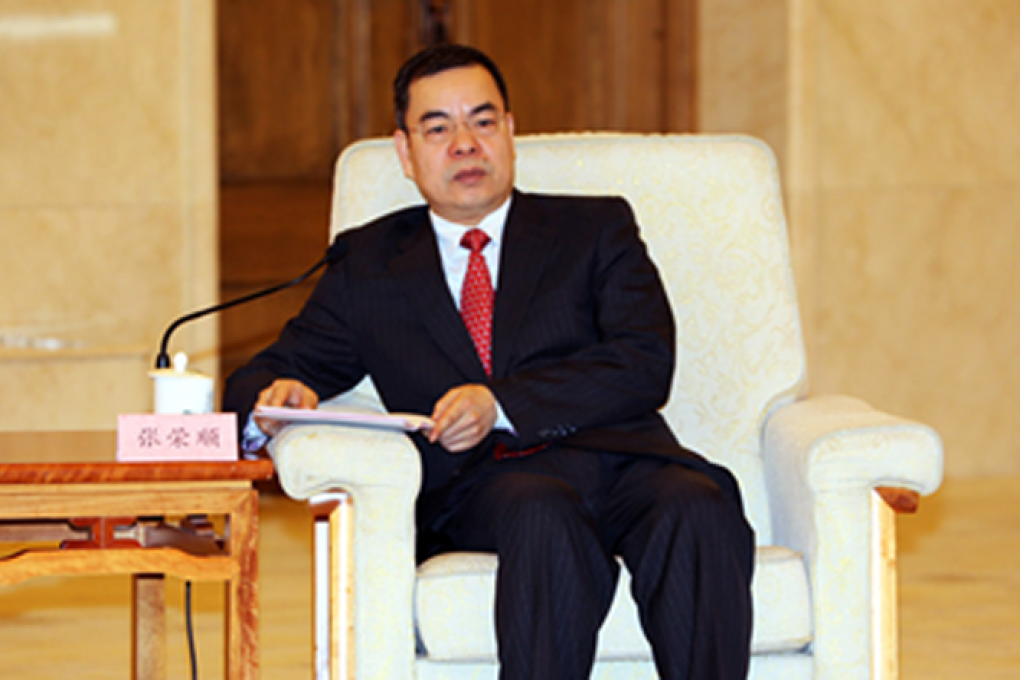Mainland China official says innovation can fail in talk on Hong Kong's Basic Law
Remarks stress confidence in system, but some see hints Beijing is ready for 2017 reform to fail

Any innovative system can fail, a top Beijing official said in reference to Hong Kong's Basic Law - before stressing that he strongly believed the "one country, two systems" principle would prove a success.
The unprecedented comments came from Zhang Rongshun, vice-chairman of the Legislative Affairs Commission under the National People's Congress Standing Committee, at a symposium in Beijing to mark the 25th anniversary of the promulgation of the city's mini-constitution.
Zhang reminded his audience that late leader Deng Xiaoping responded to questions about whether his "one country, two systems" idea would work by saying that the facts would provide the answer.
A source familiar with Beijing's policy on Hong Kong said Zhang's comments reflected that the central government was fully prepared for the possible failure of the city's political reforms this year and knew more difficulties could follow in implementing the mini-constitution. Beijing saw aspects of the Basic Law's implementation as "not very successful" due to problems and controversies since the handover, the source added.
In his speech, Zhang stressed that the Basic Law contained concepts not found elsewhere.

Referencing Deng, he added: "Today we should still use this manner to address the disputes [that] emerged from the implementation of [the] Basic Law, and [how] we would end such disputes eventually with the successful practice [of the mini-constitution]."